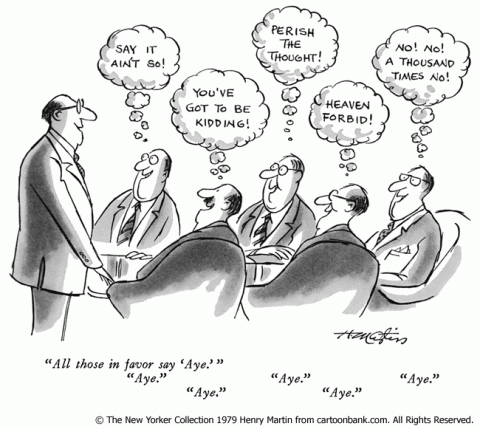
an assumption of knowledge

Author: Harold Jarche
Go to Source
Every fortnight I curate some of the observations and insights that were shared on social media. I call these Friday’s Finds.
“Word of the day is ‘sequaciousness’ (17th century): the blinkered, unreasoning, and slavish following of another, no matter where it leads.” —@suzie_dent
“As our circle of knowledge expands, so does the circumference of darkness surrounding it.” —Albert Einstein
“What we learned in 2020? That oil is worthless in a society without consumption. That healthcare has to be public because health is public. That 50% of jobs can be done from home while the other 50% deserve more than they’re being paid. That we live in a society, not an economy.” —@mhdksafa
You Think You Want Media Literacy… Do You? by @zephoria
“We know that you can’t combat depression through rational discourse. Addressing depression is hard work. And I’m deeply concerned that we don’t have the foggiest clue how to approach the media landscape today. I’m confident that giving grounded people tools to think smarter can be effective. But I’m not convinced that we know how to educate people who do not share our epistemological frame. I’m not convinced that we know how to undo gaslighting. I’m not convinced that we understand how engaging people about the media intersects with those struggling with mental health issues. And I’m not convinced that we’ve even begun to think about the unintended consequences of our good — let alone naive — intentions.
In other words, I think that there are a lot of assumptions baked into how we approach educating people about sensitive issues and our current media crisis has made those painfully visible.”
Bohmian Psychology: The Undiscovered Continent of David Bohm’s Worldview via @nancydixon
“Bohm used a metaphor to describe how we should hold onto our assumptions. He said, think of a blind man who is holding a stick to tap the ground ahead of him as he walks. If he grips the stick very tightly, he can’t really use it to tap and sense the ground. But if he holds the stick too loosely, it is also useless and he is liable to drop it. So the blind man needs to hold the stick with a reasonable amount of firmness, but not too much. And that is how we should hold onto our assumptions—firmly enough to make use of them, but not so tightly that they are counter-productive.”
The Most Important Knowledge KM is Ignoring by @nancydixon
“Dialogue, where members do not try to solve a problem, rather work to understand the problem they are jointly facing, is a necessary precursor to discussion. Dialogue requires us to listen respectfully to others, cultivate and speak in our own voice, and suspend our opinions about others and their ideas. It is the precursor because until all members come to a common understanding of a problem, any discussion just becomes a power struggle. Dialogue is the precursor because it develops the needed relationships and trust between those who are talking together. And most importantly, it is the precursor because, over time, holding dialogues changes the culture of an organization to one in which, even when in discussion, it is possible to maintain trust and relationship with others.”

